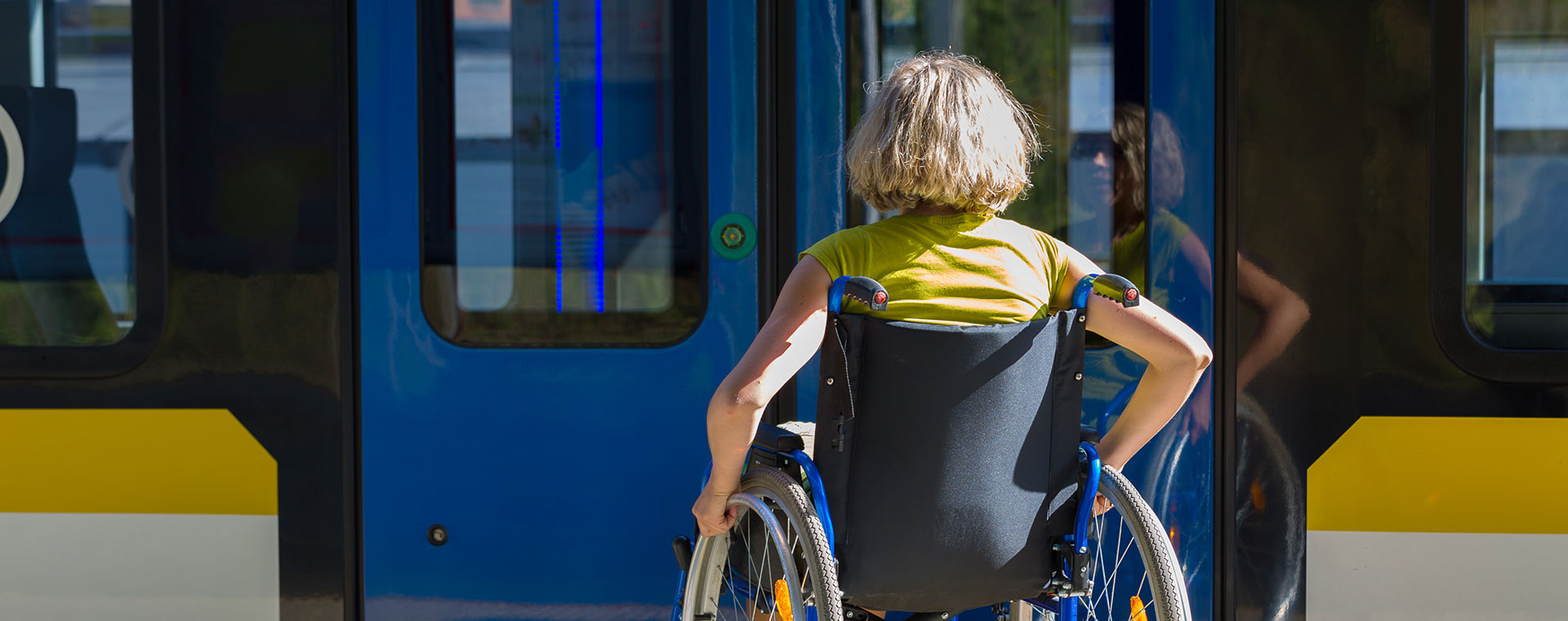Interview
Social Cohesion
How can we tackle mobility poverty?
-
Sébastien Bailleul
Director of Institutional and European Relations at Wimoov

The video highlights the thoughts of Sébastien Bailleul, Director of Institutional and European Relations at Wimoov, on approaches to improving access to mobility for all.
At Wimoov , we have developed an indicator of precarious mobility. This indicator covers 2 main fields:
, we have developed an indicator of precarious mobility. This indicator covers 2 main fields:
- The fact that some people have no access at all to means of transport in their daily lives.
- Car dependency.
When we combine these different indicators, we can say that today in France, 13 million people are in precarious mobility situations.
Each year, Wimoov's job is to support 30,000 people. If we add up all the actors in inclusive mobility in France, we'll be supporting 100,000 people. There's a gap between 100,000 and 13 million.
We're seeing progress on the political and legislative fronts. In France, a new law was promulgated at the beginning of 2020, a mobility orientated law. It's a big change for France, which was focused on transport, infrastructure and public transport. Today, this law establishes a principle: the right to mobility for all, and sets out the first elements of solidarity-based mobility. It's a good first step, but we're also faced with a situation where the means don't exist in the law. We need to work with the French authorities, the government and local authorities, as well as with private transport players, to fully integrate solidarity mobility into public policies and projects. There is also another law in France on SERMs, which takes into account this very consideration of working on intermodality in sparsely populated areas.
There's a positive trend in these areas, and now we need the financial resources to make it happen. In particular, we think we need to release resources to support people by informing them about what exists in their area.
-
 Insights
Design
Insights
Design
Mobility of tomorrow and urban design: do citizens have a say in what their cities look like?
Edith Maruéjouls, Founder of the Design Office L'ARObE
A city that adopts an inclusive approach to urban planning is one that rethinks the status of women and the gendered nature of public spaces. -
 Insights
Design
Insights
Design
Urban design and the mobility of tomorrow: do citizens have a say in what their cities look like?
Lior Steinberg, Urban planner and cofounder of Humankind
I believe that, in tomorrow’s world, cars will have retreated from our cities. -
 Interview
Decarbonization
Interview
Decarbonization
How can we catalyze the transition towards carbon-neutral transportation?
Katarina Cséfalvayová, Co-founder and director of the Institute for Central Europe
-
 Interview
Désirabilité
Interview
Désirabilité
Comment faire des transports en commun notre premier choix ?
Samah Karaki, Fondatrice et directrice du Social Brain Institute
-
 Insights
Desirability
Insights
Desirability
How can we make local transport more attractive?
Thomas Côte, CEO and Founder of WEVER
In my opinion, the concept of attractability implies placing the individual back at the center of the conceptual process when considering, building and adapting mobility solutions.


